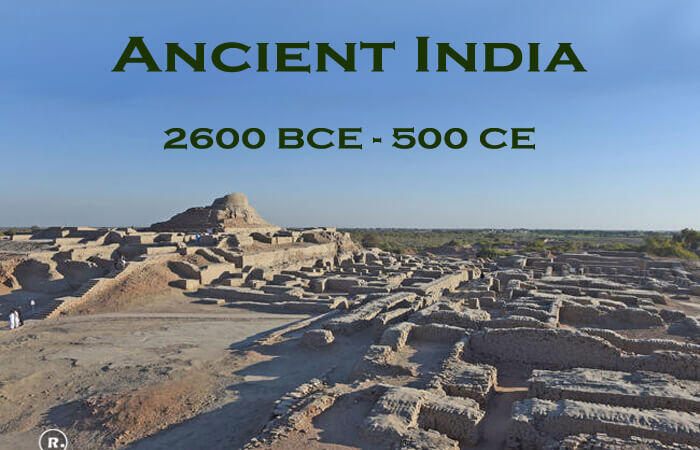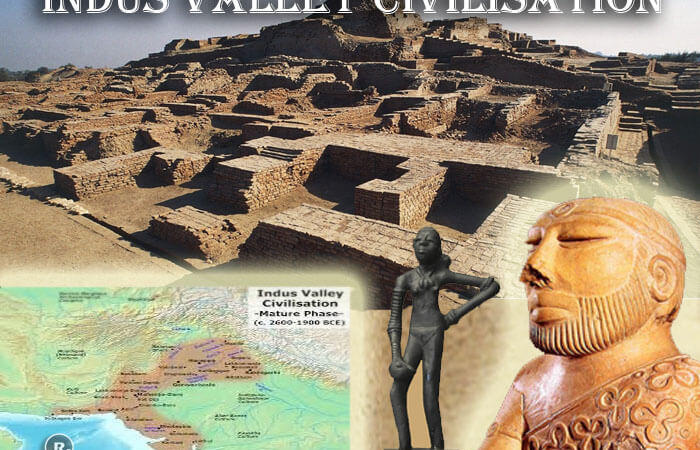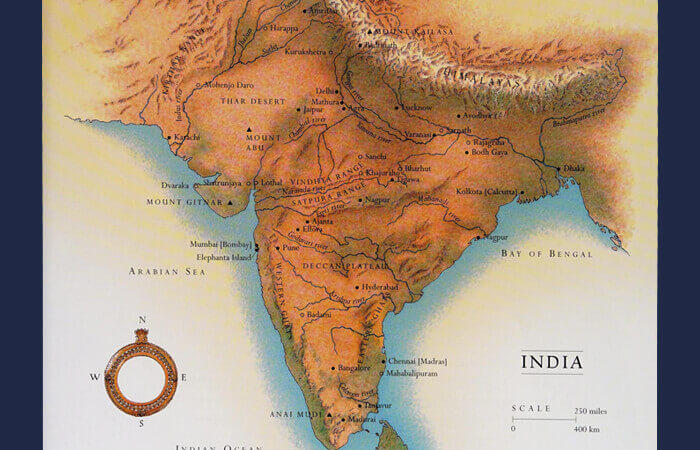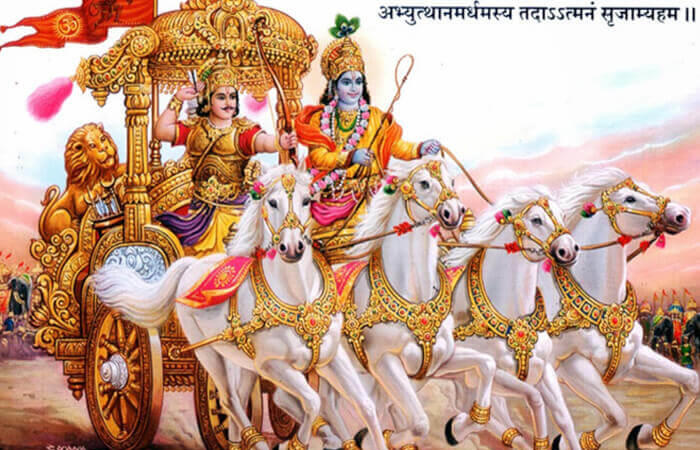Vikram Sarabhai
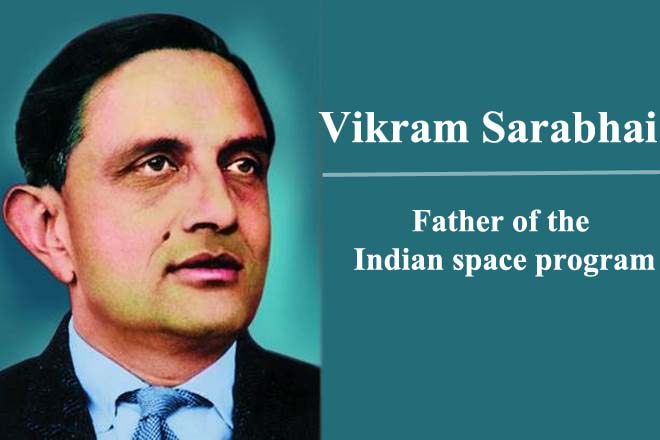
Vikram Ambalal Sarabhai (1963-1971) was one of the greatest scientists of India who was known as the father of the Indian space program and was the founder of ISRO (Indian Space Research Organisation).
He received Padma Bhushan in 1966 and the Padma Vibhushan awarded posthumously in 1972, India’s most honorable awards. In August 2019 ISRO announced an award in the name of Vikram Sarabhai on his 100th birthday called as Vikram Sarabhai Award.
Early Life
Vikram Sarabhai was born on 12th August 1919 in Ahmedabad, Gujarat. He belonged to the rich and famous Sarabhai family of India who had several textile mills. He was a very intelligent student since his childhood and passed his intermediate exams in Science from Gujarat College in Ahmedabad.
He went to England in 1940 for further studies and came back to India in 1947 and joined the Indian Institute of Science in Bangalore to continue his research work on cosmic rays. He was married to classical dancer Mrinalini and they had two children Mallika and Kartikeya Sarabhai.
Career
He came back to India when India got independence and established The Physical Research Laboratory (PRL) in Ahmedabad in November 1947. PRL had a modest beginning at his residence, the “RETREAT”, with research on cosmic rays. The initial focus was research on cosmic rays and the properties of the upper atmosphere. The research areas were expanded to include theoretical physics and radiophysics later with grants from the Atomic Energy Commission.
Sarabhai was the founder president of IIM, Ahmedabad (Institute of Management). He also helped in setting up of Nehru Foundation for Development in Ahmedabad, the Ahmedabad Textile Industry’s Research Association (ATIRA), and the (CEPT).
He also founded the Darpana Academy of Performing Arts with his wife. Other projects and institutions initiated or established by him include the Faster Breeder Test Reactor (FBTR) in Kalpakkam, Variable Energy Cyclotron Project in Calcutta, Electronics Corporation of India Limited (ECIL) in Hyderabad, and Uranium Corporation of India Limited (UCIL) in Jaduguda, Jharkhand.
He started the work of fabrication and launch of the Indian satellite and Aryabhata, India’s first satellite was put in orbit in 1975. The most significant contribution to India was the establishment of the Indian Space Research Organization (ISRO) in 1969. The main objective of this institution was to increase the use of science and serve the country.
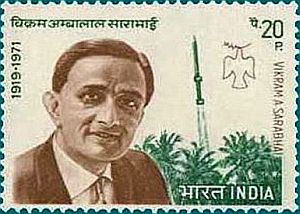
Besides ISRO, Sarabhai also led the Atomic Energy Commission between 1966 and 1971 as its Chairman. The Community Space Centre set up by him in Ahmedabad was later renamed the Vikram A Sarabhai Community Science Centre. Vikram Sarabhai passed away in his sleep on December 31, 1971, at Kovalam, Thiruvananthapuram, Kerala.
Dr. Vikram Sarabhai received the Shanti Swarup Bhatnagar Medal in 1962. The nation honored him awarding Padma Bhushan in 1966 and Padma Vibhushan (posthumously) in 1972.
And recently the ongoing mission Chandrayaan-2 has a payload named after him called Vikram Lander.
Suggested Read: A. P. J. Abdul Kalam (Missile Man)

